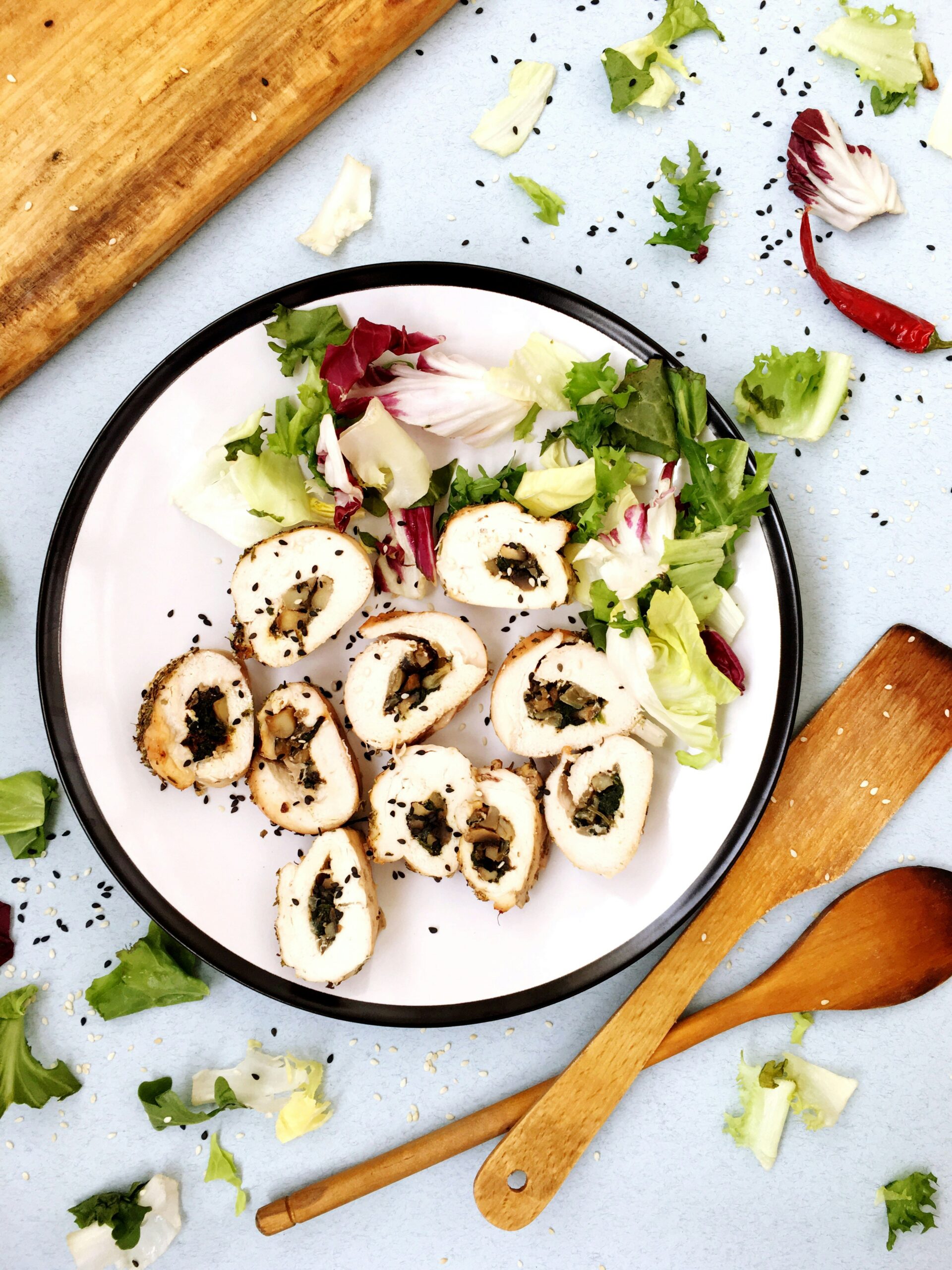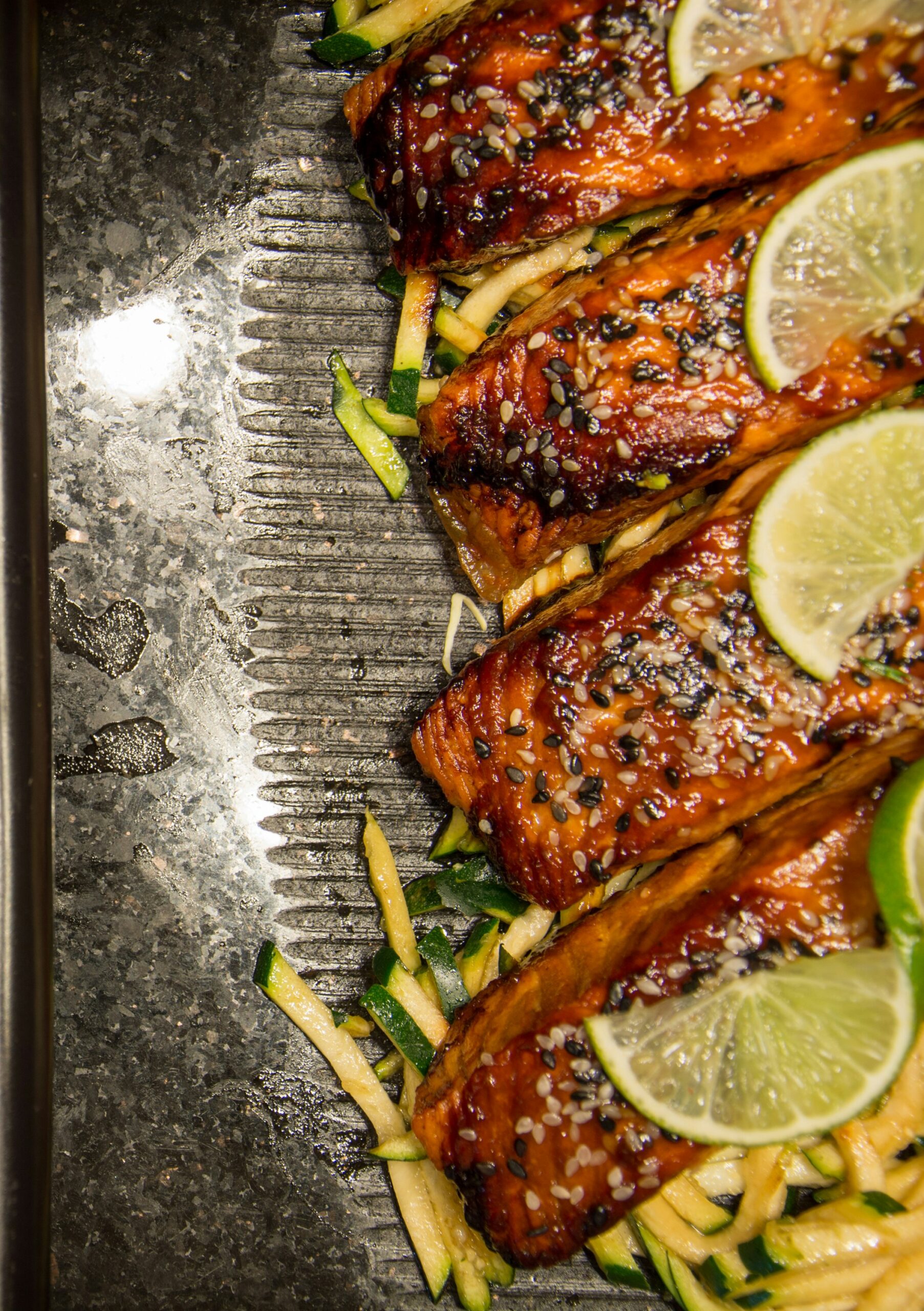Are you following a keto weight loss diet but struggling to give up dairy? Good news! You don’t have to completely abandon your favorite creamy treats. In this article, we explore the possibility of incorporating dairy-free alternatives into your keto diet. Discover the delicious and nutritious options that can help you stay on track without sacrificing your cravings. Say goodbye to feeling deprived and hello to a healthier, dairy-free keto journey!
Understanding Keto Diet
The Keto diet, short for ketogenic diet, is a low-carb, high-fat diet that has gained popularity in recent years. The main goal of the Keto diet is to shift your body into a state of ketosis, where it burns fat for fuel instead of carbohydrates. By drastically reducing your carb intake and increasing your fat intake, your body enters a metabolic state where it becomes incredibly efficient at burning fat. This can lead to weight loss, increased energy levels, and improved mental clarity.
How Keto Diet Supports Weight Loss
One of the primary reasons why the Keto diet is often chosen for weight loss is due to its ability to promote fat burning. When you consume a high amount of carbs, your body converts them into glucose, which is then used as its primary source of energy. However, when you limit your carb intake and increase your fat intake, your body starts to break down stored fat into molecules called ketones. These ketones are then used as an alternative energy source, which leads to significant weight loss as your body burns through its fat reserves.
Additionally, the Keto diet can help control hunger and reduce cravings, making it easier for you to stick to a calorie deficit. By consuming a higher percentage of fats and protein, you feel more satiated and less likely to overeat. This can be particularly beneficial for individuals who struggle with snacking or emotional eating.

Challenges People Often Face on a Keto Diet
While the Keto diet can be incredibly effective for weight loss, it does come with its own set of challenges. One of the main difficulties people encounter is the initial adjustment period, also known as the “Keto flu.” During this phase, your body is adapting to using fat as its primary fuel source, which can cause symptoms such as fatigue, irritability, and brain fog. These symptoms typically subside after a week or so as your body becomes more efficient at burning fat.
Another challenge many people face on a Keto diet is finding suitable food options and meal planning. Cutting out high-carb foods can be daunting, and it can take time to adjust to a new way of eating. Additionally, social situations and dining out can present challenges, as many traditional restaurant meals and snacks are high in carbs.
Role of Dairy Products in a Traditional Keto Diet
In a traditional Keto diet, dairy products play a significant role due to their high fat content and low carb count. Whole milk, cheese, butter, and cream are commonly consumed to increase fat intake and add flavor to meals. These dairy products are also a good source of protein, making them a staple for many individuals following a Keto diet.
However, it’s important to note that not everyone tolerates dairy well. Some individuals may experience digestive issues or allergies when consuming dairy, which can hinder their progress on a Keto diet. Additionally, some people choose to exclude dairy for ethical reasons or personal preferences.

Potential Problems with Dairy on a Keto Diet
While dairy products can be beneficial in a Keto diet, they may not be suitable for everyone. Lactose intolerance is a common issue, as many dairy products contain lactose, a sugar found in milk. Individuals who are lactose intolerant may experience digestive discomfort, bloating, or diarrhea when consuming dairy. This can lead to challenges in adhering to a Keto diet, as it’s important to find alternatives that still provide the necessary fat and protein.
Another potential problem with dairy on a Keto diet is the high saturated fat content. While saturated fat is not inherently bad for you, consuming too much can increase your risk of heart disease and other health issues. This is a concern for many individuals following a Keto diet, as the emphasis on high-fat foods may lead to an overconsumption of saturated fats if dairy is a prominent part of their diet.
Why Some Choose to Exclude Dairy from their Keto Diet
Due to the potential problems associated with dairy on a Keto diet, some individuals choose to exclude dairy altogether. This can be particularly beneficial for those with lactose intolerance or dairy allergies. By avoiding dairy, these individuals can still adhere to a Keto diet while minimizing digestive discomfort and other adverse reactions.
Additionally, excluding dairy can provide an opportunity to explore other high-fat, low-carb options. Many individuals find that incorporating non-dairy alternatives can be more diverse and offer a wider range of flavors and textures. This can make the Keto diet more enjoyable and sustainable in the long run.

List of Dairy-Free Alternatives for a Keto Diet
For those looking to follow a dairy-free Keto diet, there are plenty of alternatives available to meet their dietary needs. Here are some options for dairy-free alternatives:
Dairy-Free Dairy-Like Products (e.g., Plant-Based Cheese, Yogurts)
Plant-based cheeses and yogurts are a great alternative for those avoiding dairy. These products are typically made from ingredients such as nuts, seeds, or soy, and they mimic the taste and texture of traditional dairy products. They can be used in a variety of dishes, including pizzas, sandwiches, and desserts.
Dairy-Free but High-Fat Products (e.g., Nuts, Avocados)
Nuts and avocados are excellent sources of healthy fats and can be utilized in a dairy-free Keto diet. These foods provide essential nutrients, such as omega-3 fatty acids and monounsaturated fats. They can be incorporated into meals and snacks to add flavor, texture, and satiety.
Dairy-Free Beverages (e.g., Almond Milk, Coconut Milk)
Instead of traditional dairy milk, individuals on a dairy-free Keto diet can opt for non-dairy alternatives such as almond milk or coconut milk. These milk substitutes are low in carbs and can be used in coffee, smoothies, or cooking.
Advantages of Using Dairy-Free Alternatives
While dairy products have their benefits in a Keto diet, opting for dairy-free alternatives can also offer several advantages.
How Dairy-Free Alternatives Can Aid in Weight Loss
Dairy-free alternatives can still provide the necessary fat and protein to support weight loss on a Keto diet. By incorporating plant-based sources of fats and protein, individuals can maintain ketosis and continue to burn fat for fuel.
Benefits for Those with Lactose Intolerance
For individuals with lactose intolerance, dairy-free alternatives can provide relief from digestive issues and discomfort. By choosing alternatives that are lactose-free, individuals can enjoy the benefits of a Keto diet without experiencing adverse reactions.
Pros of Consuming Less Saturated Fat
By excluding dairy from a Keto diet, individuals can reduce their intake of saturated fat. This can have positive effects on heart health and overall well-being. It’s important to focus on consuming healthy fats from alternative sources to maintain the nutritional balance and benefits of a Keto diet.
Potential Challenges of Dairy-Free Keto Diet
While dairy-free alternatives can be a great option for those on a Keto diet, there are some potential challenges that individuals may face.
Difficulty Finding Dairy Substitutes
Finding suitable dairy substitutes can sometimes be challenging, especially in areas where alternative products may not be readily available. It may require some research and experimentation to find the right substitutes that meet your taste preferences and nutritional needs.
Possible Intolerance to Some Dairy Alternatives
While dairy-free alternatives can be a great option, some individuals may also have sensitivities or allergies to certain ingredients found in these products. It’s essential to pay attention to your body’s response and make adjustments accordingly to avoid any adverse reactions.
Challenges in Maintaining Nutrient Balance
Removing dairy from a Keto diet means removing a significant source of fat and protein. To ensure a well-balanced and nutritious diet, individuals need to find alternative sources to fill this gap. This may require careful meal planning and consideration of the nutritional content of different foods to obtain the necessary nutrients.
Popular Dairy-Free Recipes for the Keto Diet
With the increasing popularity of the Keto diet, numerous dairy-free recipes have emerged to cater to individuals’ dietary needs. Some popular dairy-free Keto recipes include:
Dairy-Free Keto Pancakes
Using alternative flours such as almond flour or coconut flour, individuals can enjoy fluffy and delicious pancakes while staying in ketosis. These pancakes can be topped with berries, nut butter, or sugar-free syrup for added flavor.
Dairy-Free Keto Smoothies
By utilizing non-dairy milk alternatives and incorporating low-carb fruits and vegetables, individuals can create creamy and nutritious smoothies. Ingredients such as spinach, avocado, and protein powder can be combined to make a satisfying and dairy-free meal replacement or snack.
Dairy-Free Keto Desserts
For those with a sweet tooth, dairy-free Keto desserts offer a guilt-free option. Recipes for dairy-free chocolate mousse, coconut milk-based ice cream, or avocado-based pudding can satisfy cravings while adhering to a Keto diet.
Role of Supplementation in a Dairy-Free Keto Diet
With any restrictive diet, it’s essential to ensure you’re getting all the necessary vitamins and minerals. Supplementation can play a crucial role in filling any nutritional gaps that may arise from excluding dairy. Here’s what you need to know:
Need for Vitamin and Mineral Supplementation
When following a dairy-free Keto diet, certain nutrients commonly found in dairy may be limited, such as calcium and vitamin D. Supplementing with these nutrients can help maintain bone health and support overall well-being. It’s important to consult with a healthcare professional or registered dietitian to determine which supplements are appropriate for your specific needs.
How to Choose the Right Supplements
When selecting supplements, it’s important to look for high-quality options that are free from dairy and other potential allergens. Choose brands that are transparent about their ingredients and manufacturing processes. Additionally, consider whether the supplements are in a form that is easily absorbed by the body, such as a liquid or a capsule.
Supplements to Avoid on a Dairy-Free Keto Diet
While supplementation can be beneficial, it’s important to be cautious of certain supplements that may contain dairy or unnecessary additives. Always read labels carefully and choose products specifically labeled as dairy-free. Avoid supplements that contain lactose, whey, or casein, as they may cause digestive issues and hinder progress on a dairy-free Keto diet.
Tips to Successfully Stay on a Dairy-Free Keto Diet
Sticking to a dairy-free Keto diet can be challenging, but with the right strategies in place, it can be enjoyable and sustainable. Here are some tips to help you successfully navigate a dairy-free Keto lifestyle:
Planning and Preparing Meals in Advance
Meal planning is essential for any diet, and a dairy-free Keto diet is no exception. Take some time each week to plan your meals and snacks, and make sure you have all the necessary ingredients on hand. Batch cooking and meal prepping can also save you time and ensure you always have dairy-free options available.
Reading Food Labels Carefully
When following a dairy-free Keto diet, it’s crucial to read food labels carefully. Many processed foods and condiments may contain dairy or hidden sources of lactose. Look for keywords such as milk, cheese, whey, or casein to determine whether a product is dairy-free or not. Additionally, be aware of alternative names for dairy, such as sodium caseinate or lactose powder.
Seeking Support from a Dietitian or Experienced Community
If you’re new to a dairy-free Keto diet, seeking support from a registered dietitian or joining an experienced community can be incredibly helpful. They can provide guidance, answer your questions, and offer tips and advice to help you navigate any challenges that may arise. Sharing experiences and connecting with others on a similar journey can also provide motivation and a sense of camaraderie.
Role of Exercise in a Dairy-Free Keto Diet
Incorporating exercise into a dairy-free Keto diet can have numerous benefits for weight loss and overall health. Here’s what you need to know:
Types of Workouts That Complement a Dairy-Free Keto Diet
When choosing workouts on a dairy-free Keto diet, focus on exercises that promote fat burning and improve metabolic flexibility. High-intensity interval training (HIIT), resistance training, and cardiovascular activities such as cycling or running are excellent choices. These types of workouts can help maximize fat loss and improve your body’s ability to utilize fat for energy.
Adjusting Energy Levels and Food Intake with Exercise
When engaging in regular exercise on a dairy-free Keto diet, it’s important to monitor your energy levels and adjust your food intake accordingly. As exercise increases your energy expenditure, you may need to slightly increase your calorie intake to meet your nutritional needs and support recovery. Pay attention to hunger cues and make adjustments as necessary.
Common Myths about Exercise on a Keto Diet
There are several common misconceptions about exercise on a Keto diet. One myth is that you need carbohydrates to fuel your workouts. In reality, once you’re in ketosis, your body becomes efficient at using fat for fuel during exercise. Another myth is that you won’t have enough energy for high-intensity workouts on a Keto diet. While it may take some time for your body to adapt, once it does, you can still perform at a high level.
Success Stories of Dairy-Free Keto Diet
Real-life success stories can be incredibly motivating and inspiring for those considering a dairy-free Keto diet. Here are a few examples:
Real-Life Experiences of Weight Loss with a Dairy-Free Keto Diet
Many individuals have successfully lost weight and improved their overall health on a dairy-free Keto diet. By finding alternatives to dairy and focusing on nutrient-dense foods, they have achieved their weight loss goals and experienced various other benefits, such as increased energy and improved digestion.
Lessons Learned from Successful Dairy-Free Keto Dieters
Successful dairy-free Keto dieters have learned the importance of listening to their bodies, experimenting with different alternatives, and finding a balanced approach. They emphasize the need for flexibility, self-care, and understanding that everyone’s journey is unique. By sharing their experiences, they inspire others to embark on a similar path and adapt the diet to suit their individual needs.
How Success Stories Can Encourage and Motivate Others
Success stories serve as proof that a dairy-free Keto diet can be effective and sustainable. They provide inspiration and motivation for those who may be hesitant or skeptical about embarking on a dairy-free Keto journey. By sharing achievements and challenges, success stories create a sense of community and a support network that fosters perseverance and success.
In conclusion, a dairy-free Keto diet can be a viable option for those looking to lose weight and improve their overall well-being. By understanding the principles of the Keto diet, exploring dairy-free alternatives, and implementing the tips and strategies outlined, you can successfully navigate this dietary approach and achieve your health goals. Remember, it’s important to listen to your body and consult with a healthcare professional or registered dietitian to ensure optimal nutrition and sustainability on your dairy-free Keto journey.

